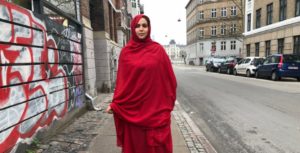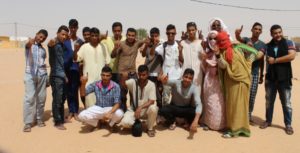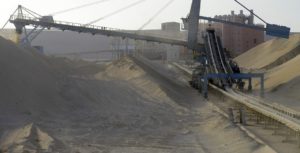Dear High Representative Fontelles,
I address you concerning the continued annexation of Western Sahara by Morocco. This year marks the 25th anniversary of the UN’s promise to organize a referendum on self-determination for the Saharawi people; a promise as yet to be fulfilled. Large parts of the Saharawi have lived in refugee camps for more than four generations, yet the illegal occupation of Western Sahara is underexposed and unresolved, and the international community, including the EU, looks the other way. Legally speaking, an illegally annexed territory is occupied. Third parties such as the EU have an obligation to repudiate such an annexation and to refuse to assist in its prolongation. Western Sahara is the last non-self-governing territory of Africa and still pending the completion of its decolonization process. Hence, it is paramount that the referendum for self-determination is settled and international law respected.
A central aspect of the Moroccan annexation of Western Sahara is economic interest in the natural resources existing in the occupied territories, e.g. phosphate, fisheries, salt, gas, and possibly oil. Previously the EU has undergone trade agreements with Morocco including resources found in Western Sahara, to which Morocco has no legal right. Such agreements can only be seen as a recognition of and assistance to the Moroccan occupation.
Human rights violations and abuses by Moroccan officials against the Saharawis are well documented by organizations such as Amnesty International, Human Rights Watch, as well as the EU itself. As we speak, Morocco holds 22 political prisoners charged with questioning the regime – with little hope of a fair trial.
So far, the EU has not adopted a consistent policy regarding these issues. The conflict, which is in danger of escalating because of Morocco’s recent breach of the cease-fire, is playing out on Europe’s doorstep, and the EU’s lack of constructive involvement cannot continue.
In light of this, we urge you:
– As EU High Representative for Foreign Affairs and Security Policy, it is imperative that you make unambiguous the commitment of the EU to support a UN-led, peaceful solution to the conflict, including the option to use political leverage to pressure Morocco to be part of an actual solution. The future of EU policy regarding the subject should be based on non-recognition, as is the case with Crimea.
– To respect EU legal and moral obligations regarding the resources of Western Sahara, and thus to ensure that EU does not in future enter into trade agreements with Morocco which include said resources.
– To demand the release of Saharawi political prisoners and to insist on fair and free trials for Saharawis and the ban of torture. We urge you to pressure the UN to extend the MINURSO mandate to monitoring human rights. MINURSO is the only current UN peacekeeping mission without this mandate, and its necessity is evident.
The severity of the conflict can no longer be ignored. I believe that you share the view that simply because a conflict is underexposed and conveniently forgotten, one should not forget one’s moral and legal obligations to oppose unlawful annexation and human rights violations. It is high time that the EU play a positive role in securing the right of the Saharawis to a referendum. We hope that you, High Representative, will take a leading role in ensuring these matters.




